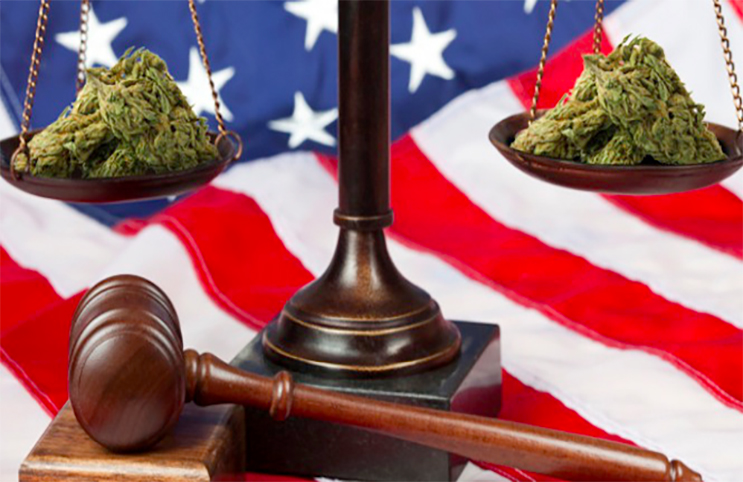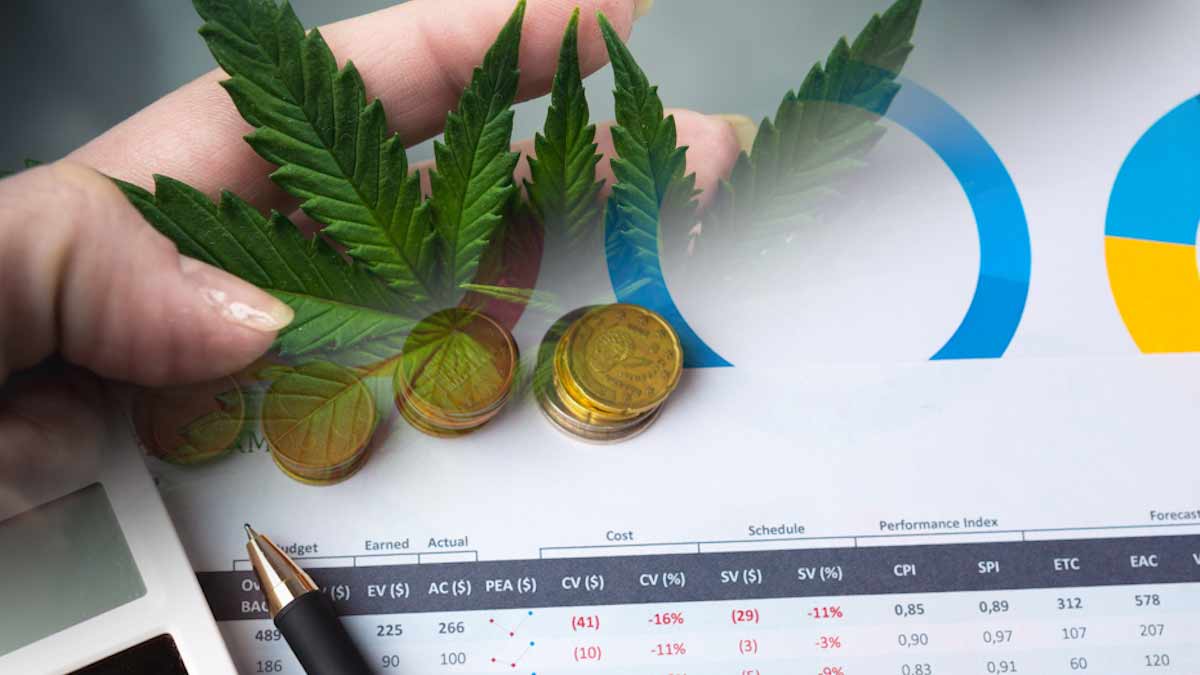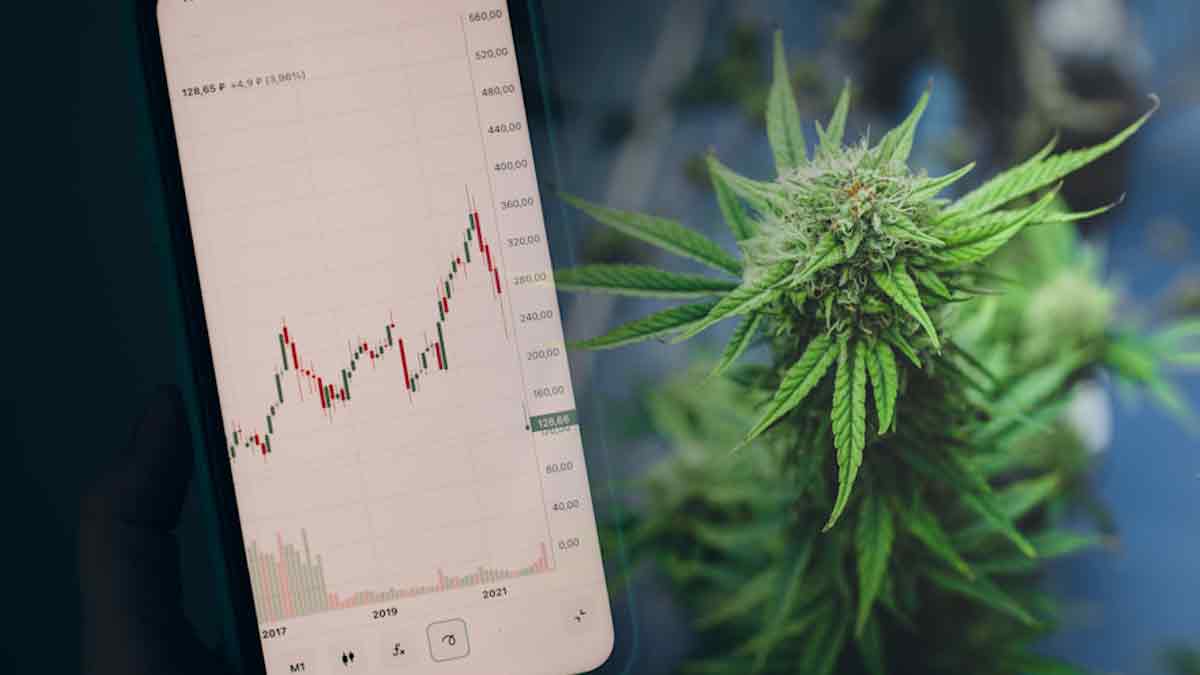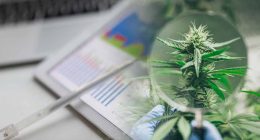Not all products made from cannabidiol, which is the chemical compound found in marijuana, are the same not only does the potency vary from product to product but so too does its legality in the United States. In large part, where the CBD oil, as it’s called, is derived from makes a big difference. CBD has seen a spike in popularity-even in states where medical marijuana is not legal, CBD oil often is.
CBD does have a slight calming effect and is useful in treating epileptic seizures, pain, inflammation, arthritis, alcoholism, depression, PTSD, and so on. Next to THC, it’s one of the most prominent cannabinoids, or chemical compounds, in cannabis. It’s legal in many states where medical marijuana is not. The legal difference between hemp and marijuana, both products of the cannabis plant, rests on the plant’s THC content. If a plant has less than 0.03 percent THC, it qualifies as hemp.
“However, if we’re talking about the federal legality of a CBD product, it depends on where it derives from,” said attorney Michael Chernis, founder of Chernis Law Group P.C. The federal definition of marijuana doesn’t exclude CBD, industrial hemp, or products with less than 0.03 percent THC. According to Chernis, “The legality of a product containing CBD depends on the plant material from which it was derived, and not its percentage of THC.” Therefore, CBD products made from marijuana bud are still federally illegal, while CBD products made from hemp stalks cultivated outside the United States are legal.
Only government-licensed hemp growers or state-licensed medical marijuana growers can grow cannabis for CBD, though many CBD products also come from international sources. Watch out because a lot of these products are just snake oil. The FDA regulates CBD products derived from hemp only as a dietary supplement, meaning the FDA isn’t authorized to review them for safety and efficacy before they’re marketed. This is ironic, given how strictly regulated and enforced other marijuana products are on the state level.
In February 2015, several firms marketing CBD products for the diagnosis, cure, and treatment of diseases received warning letters from the FDA. After having tested these products, the FDA found that some of them didn’t even contain CBD. “Consumers should beware purchasing and using any such products,” the FDA stated. Some have reported getting sick from “CBD products” that were manufactured poorly with a cocktail of other chemicals. Project CBD, an educational site, recommends CBD products derived from whole-plant cannabis.
CBD from industrial hemp, which is grown to make other non-ingestible products like textiles or rope, contains less CBD than marijuana strains like AC/DC, Charlotte’s Web, or Harlequin, that are rich in CBD. Industrial hemp CBD products risk possessing contaminants, since hemp is a “Bio-accumulator,” meaning that it “Naturally draws toxins from the soil,” according to Project CBD. Hemp-derived CBD also lacks essential terpenes and other cannabinoids that cannabis oil CBD contains. The entourage effect, or the synergistic relationship between all the cannabinoids and terpenes in cannabis, is lacking from industrial hemp-derived CBD products. It’s technically illegal to use hemp leaves and flowers for drug products.
“Hemp oil entrepreneurs attempt to sidestep this legal hurdle by dubiously claiming they extract CBD only from hemp stalk before importing it to the United States, a grey area activity at best,” according to Project CBD. While the CBD market can be tricky to navigate, CBD itself could add very straightforward relief to those who need it.
MAPH Enterprises, LLC | (305) 414-0128 | 1501 Venera Ave, Coral Gables, FL 33146 | new@marijuanastocks.com










